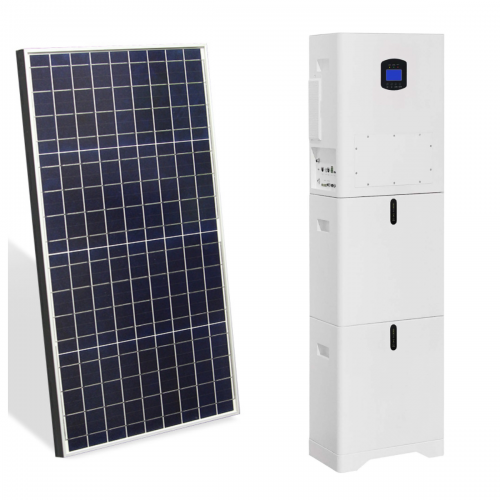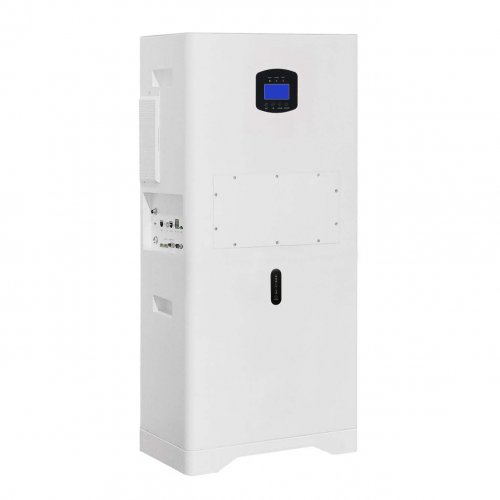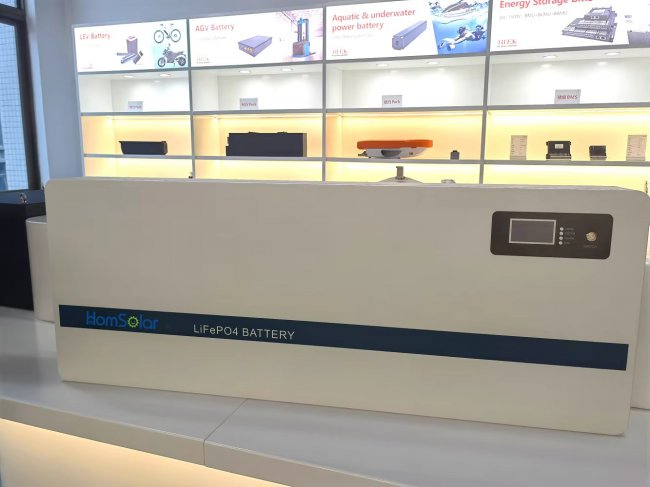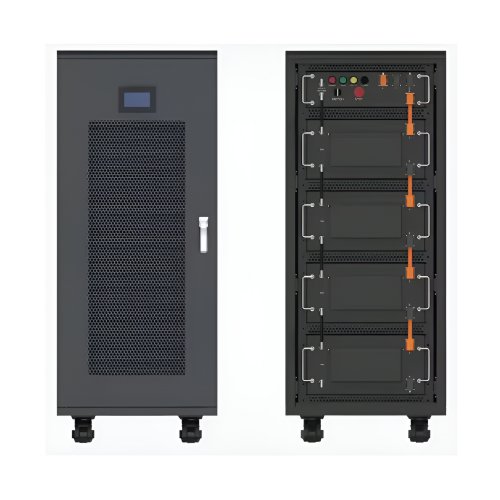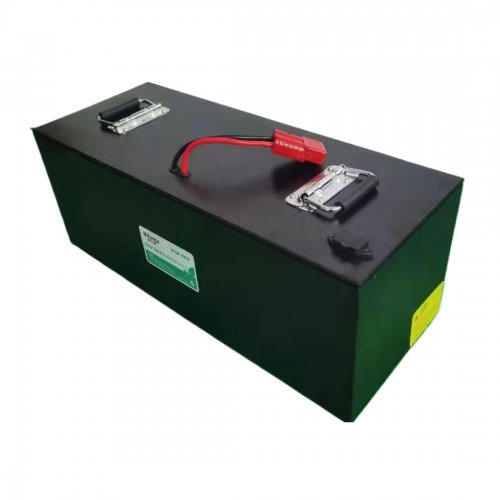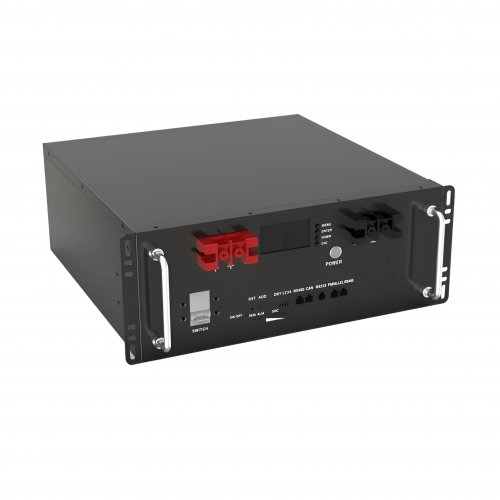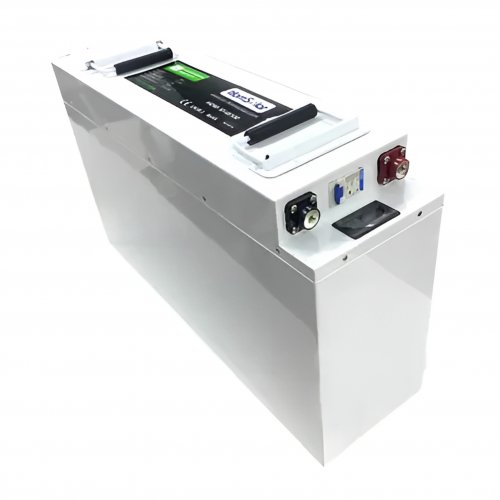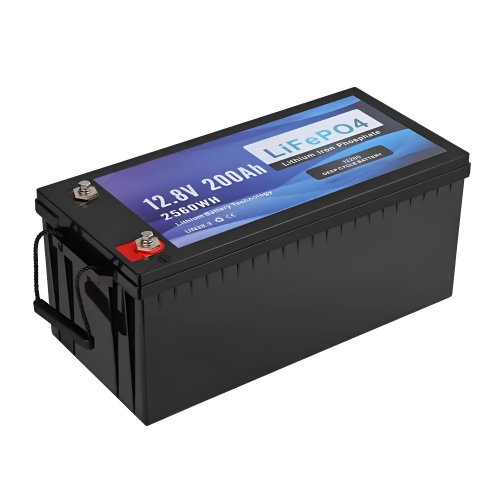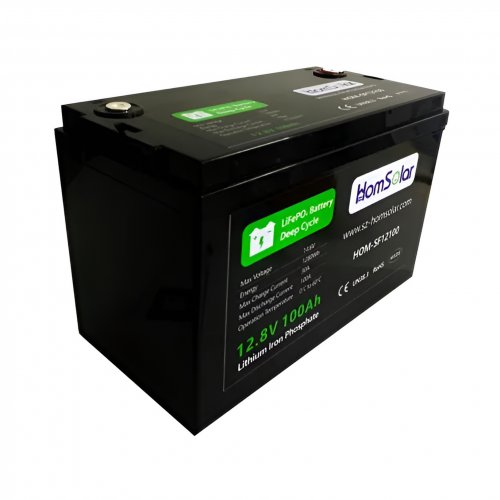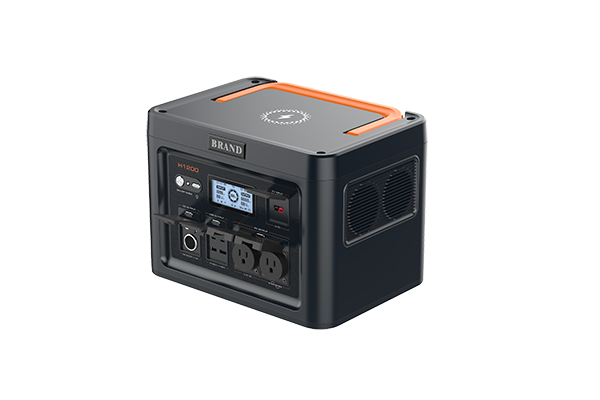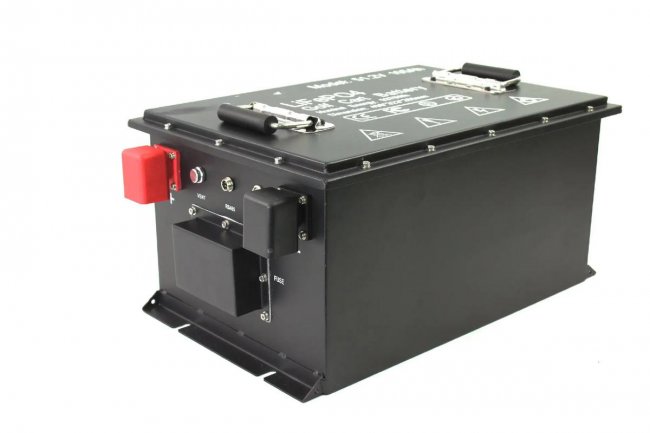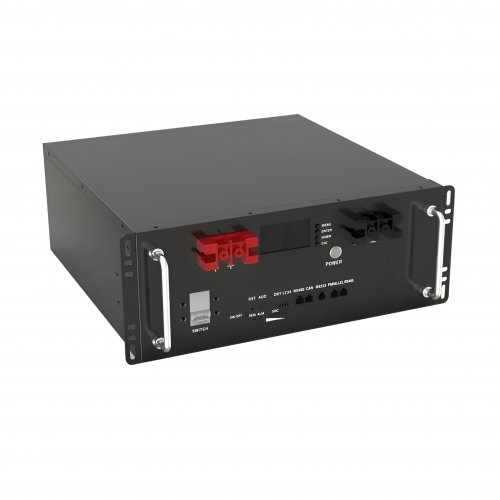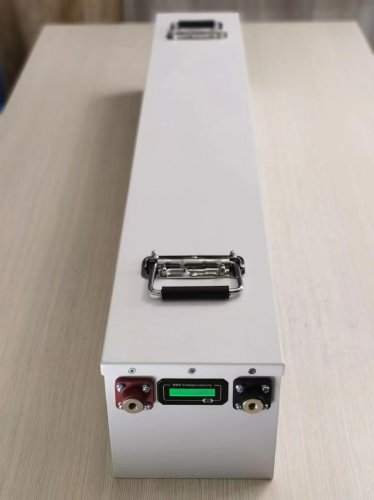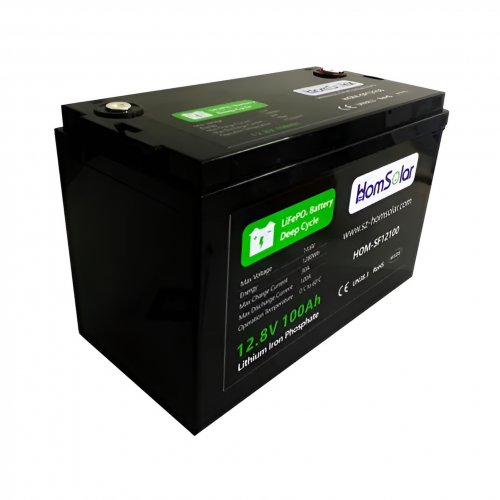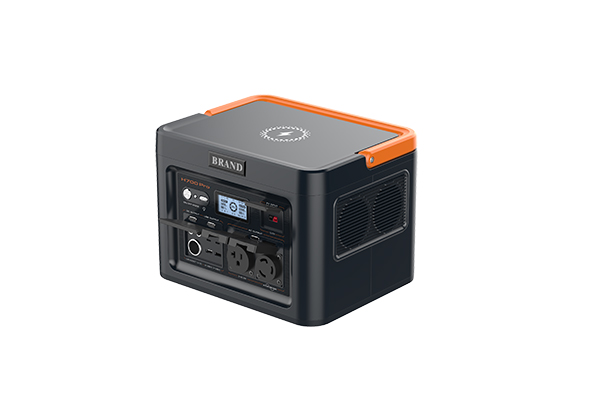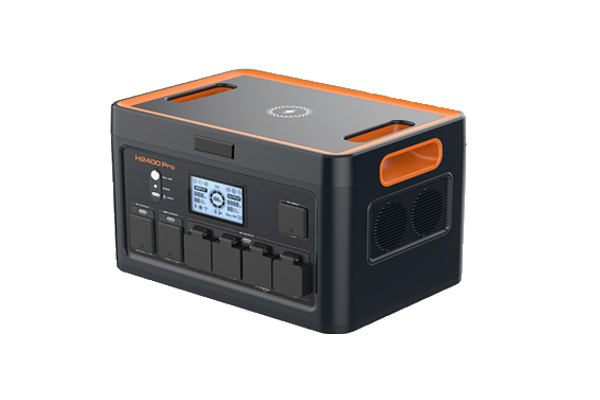Sustainability News: How Industries Are Adapting To The Green Revolution
The global push for sustainability has reached a pivotal moment, with industries across sectors accelerating their efforts to reduce environmental impact while maintaining economic growth. From renewable energy breakthroughs to circular economy innovations, businesses and governments are redefining what it means to operate sustainably. This article explores the latest trends, industry shifts, and expert insights shaping the sustainability landscape.
The transition to renewable energy continues to gain momentum, with solar and wind power leading the charge. According to the International Energy Agency (IEA), renewable energy capacity is set to expand by over 60% by 2030, driven by falling costs and policy support. Notably, offshore wind projects are scaling up, with countries like the UK and Germany investing heavily in large-scale installations.In the corporate sector, tech giants such as Google and Amazon are making headlines with their commitments to 24/7 carbon-free energy. Google recently announced a partnership with clean energy providers to match its electricity consumption with renewable sources every hour of the day—a significant step beyond traditional carbon offsetting.
The circular economy model, which emphasizes waste reduction and resource efficiency, is becoming a cornerstone of corporate sustainability strategies. Major fashion brands, including H&M and Adidas, are increasingly adopting recycled materials and resale programs to minimize textile waste. Meanwhile, the automotive industry is exploring closed-loop recycling for electric vehicle (EV) batteries, with companies like Tesla and BMW investing in battery refurbishment and recycling facilities.Experts highlight that regulatory pressure is a key driver. The European Union’s Circular Economy Action Plan, for instance, sets stringent targets for product durability and recyclability, pushing companies to rethink design and production processes.
Green bonds and ESG (Environmental, Social, and Governance) investing are reshaping financial markets. Bloomberg data reveals that global ESG assets are on track to exceed $50 trillion by 2025, reflecting growing investor demand for sustainable portfolios. Central banks are also stepping in, with the Bank of England and the European Central Bank integrating climate risk assessments into their monetary policies.However, challenges remain. Critics point to "greenwashing," where companies exaggerate their sustainability claims without substantive action. To address this, regulators are tightening disclosure requirements. The U.S. Securities and Exchange Commission (SEC), for example, has proposed rules mandating detailed climate risk reporting for publicly traded companies.
Industry leaders emphasize that sustainability must be approached holistically. Dr. Emily Carter, a sustainability scientist at Princeton University, notes, "Technological innovation alone isn’t enough. We need systemic changes in policy, consumer behavior, and corporate governance to achieve meaningful impact."Meanwhile, business leaders like Unilever CEO Alan Jope stress the importance of transparency. "Consumers and investors are demanding proof of sustainability claims," he says. "Companies that fail to deliver will face reputational and financial risks."
As sustainability becomes a non-negotiable priority, industries must navigate complex trade-offs between profitability and environmental responsibility. The rise of digital tools—such as AI-driven carbon tracking and blockchain for supply chain transparency—offers promising solutions. Yet, collaboration between governments, businesses, and consumers will be critical to ensuring long-term success.The green revolution is no longer a distant ideal but an urgent reality. Those who adapt swiftly and authentically will lead the next era of sustainable growth.
Customized/OEM/ODM Service
HomSolar Supports Lifepo4 battery pack customization/OEM/ODM service, welcome to contact us and tell us your needs.


HomSolar: Your One-stop LiFePO4 Battery Pack & ESS Solution Manufacturer
Our line of LiFePO4 (LFP) batteries offer a solution to demanding applications that require a lighter weight, longer life, and higher capacity battery. Features include advanced battery management systems (BMS), Bluetooth® communication and active intelligent monitoring.

Customised Lithium Iron Phosphate Battery Casing
ABS plastic housing, aluminium housing, stainless steel housing and iron housing are available, and can also be designed and customised according to your needs.

HomSolar Smart BMS
Intelligent Battery Management System for HomSolar Energy Storage System. Bluetooth, temperature sensor, LCD display, CAN interface, UART interface also available.


Terminals & Plugs Can Be Customized
A wide range of terminals and plugs can be customised to suit the application needs of your battery products.

Well-designed Solutions for Energy Storage Systems
We will design the perfect energy storage system solution according to your needs, so that you can easily solve the specific industry applications of battery products.



About Our Battery Cells
Our energy storage system products use brand new grade A LiFePO4 cells with a battery lifespan of more than 4,000 charge/discharge cycles.



Applications in Different Industries
We supply customized & OEM battery pack, assemble cells with wiring, fuse and plastic cover, all the cell wires connected to PCB plug or built BMS.
Applications: E-bike, Electric Scooter, Golf Carts, RV, Electric Wheelchair, Electric Tools, Robot Cleaner, Robot Sweeper, Solar Energy Storage System, Emergency Light, Solar Power Light, Medical Equipment, UPS Backup Power Supply.
We can provide you with customized services. We have the ability to provide a vertical supply chain, from single cells to pack/module and to a complete power solution with BMS, etc.


HomSolar (Shenzhen) Technology Co., Ltd







